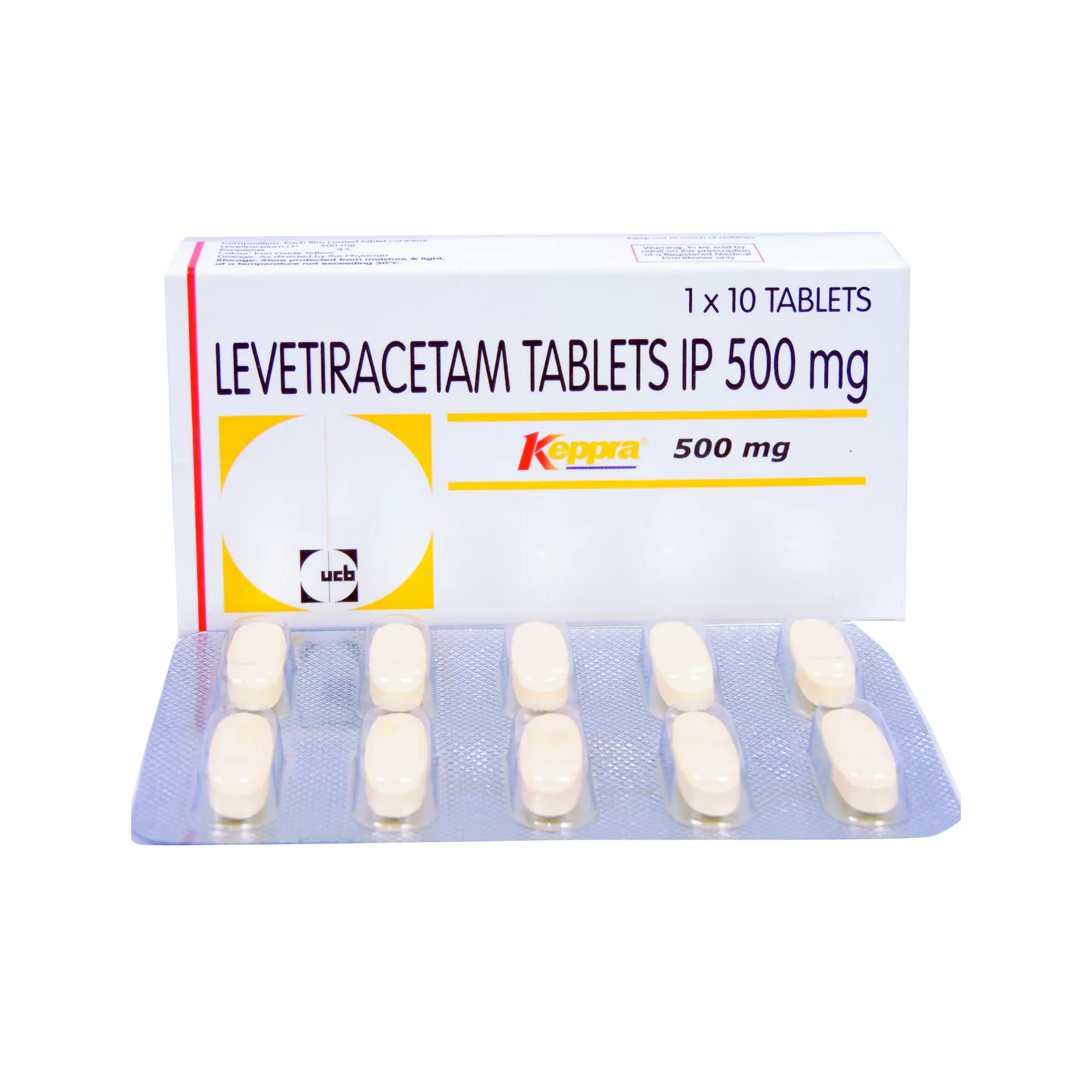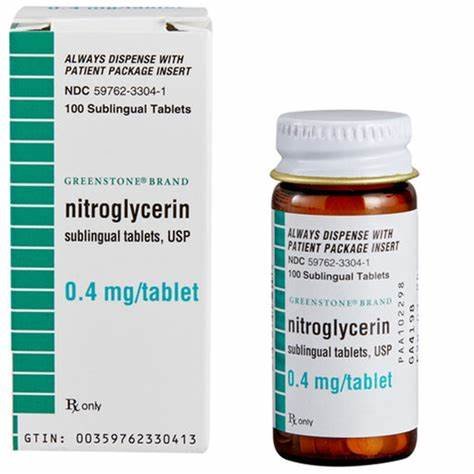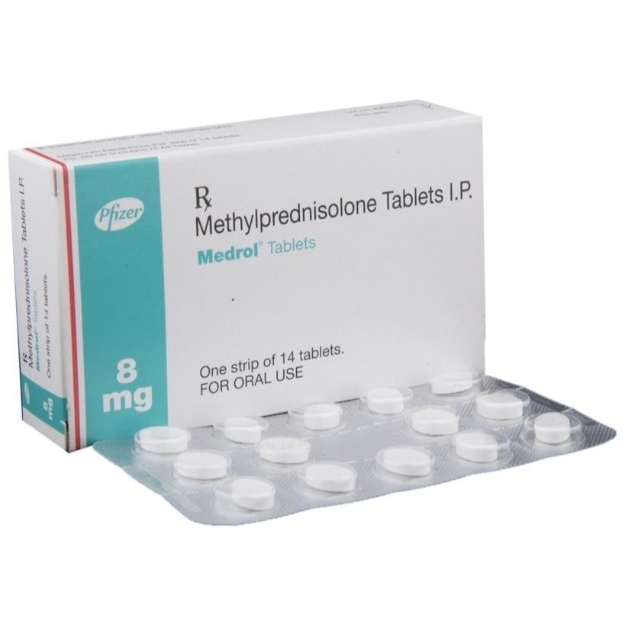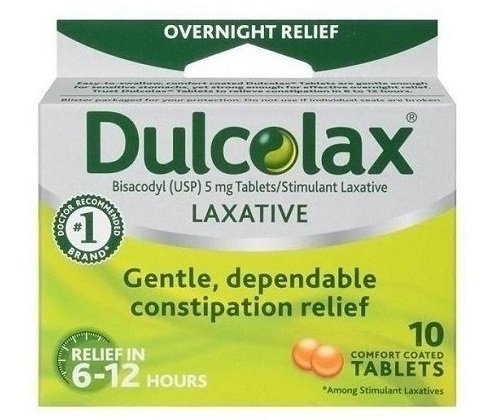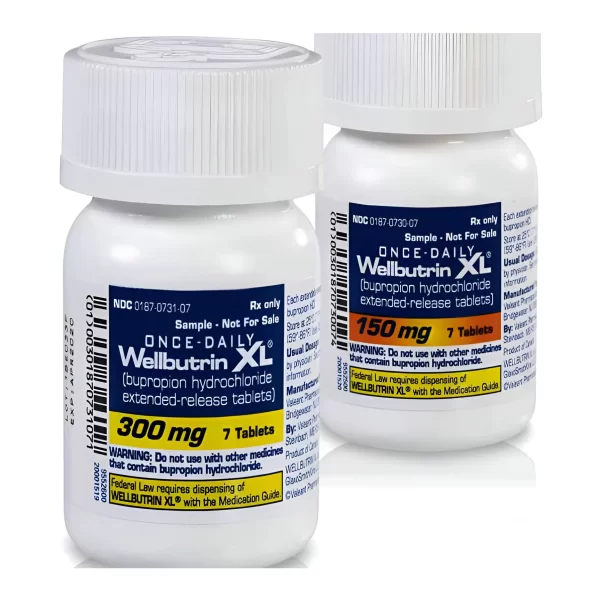
Wellbutrin
Wellbutrin - 300mg
| Product | Per Pill | Savings | Per Pack | Order |
|---|---|---|---|---|
| 20 pills | $2.45 | $48.94 | Buy Now | |
| 30 pills | $2.21 | $7.26 | $73.42 $66.16 | Buy Now |
| 60 pills | $1.96 | $29.02 | $146.83 $117.81 | Buy Now |
| 90 pills | $1.88 | $50.79 | $220.25 $169.46 | Buy Now |
| 120 pills | $1.84 | $72.55 | $293.66 $221.11 | Buy Now |
| 180 pills | $1.80 | $116.08 | $440.49 $324.41 | Buy Now |
| 270 pills | $1.78 | $181.38 | $660.74 $479.36 | Buy Now |
| 360 pills | $1.76 | $246.68 | $880.99 $634.31 | Buy Now |
Overview of Wellbutrin
General Introduction to Wellbutrin
- Wellbutrin, also known by its generic name bupropion, is an antidepressant medication commonly used to treat major depressive disorder (MDD) and seasonal affective disorder (SAD). Additionally, it is marketed under the brand name Zyban for smoking cessation. Wellbutrin belongs to the aminoketone class of medications and is unique in its chemical structure and mechanism of action compared to other antidepressants such as selective serotonin reuptake inhibitors (SSRIs) and tricyclic antidepressants (TCAs). Approved by the FDA in 1985, Wellbutrin is available in immediate-release (IR), sustained-release (SR), and extended-release (XL) formulations.
Key Benefits and Unique Properties of Wellbutrin
- Effective Antidepressant: Wellbutrin is effective in treating depression and improving mood and feelings of well-being. It is particularly beneficial for patients who have not responded well to other antidepressants.
- Smoking Cessation Aid: Under the brand name Zyban, bupropion helps reduce cravings and withdrawal effects associated with quitting smoking.
- Minimal Sexual Side Effects: Compared to other antidepressants, Wellbutrin has a lower risk of sexual side effects, making it a preferred option for many patients.
- Weight Management: Unlike SSRIs and TCAs, Wellbutrin is less likely to cause weight gain and may even help with weight loss in some patients.
- Energy and Focus: Wellbutrin can improve energy levels and concentration, which can be beneficial for patients experiencing fatigue and cognitive issues due to depression.
- Multiple Formulations: Available in IR, SR, and XL formulations, allowing for flexible dosing schedules to suit individual patient needs.
Effectiveness of Wellbutrin
- Clinical trials and real-world studies have demonstrated Wellbutrin’s effectiveness in alleviating symptoms of major depressive disorder and seasonal affective disorder. It has also been shown to be an effective smoking cessation aid, helping many individuals successfully quit smoking. Wellbutrin’s unique mechanism of action, primarily involving the inhibition of norepinephrine and dopamine reuptake, contributes to its efficacy in treating depression and aiding smoking cessation.
Safety and Tolerability of Wellbutrin
- Wellbutrin is generally well-tolerated, but it is important for patients to be aware of potential side effects and safety considerations. Common side effects include dry mouth, sweating, nausea, constipation, and dizziness. Serious side effects, although rare, can include seizures, particularly at higher doses, and increased risk of suicidal thoughts and behaviors in young adults. Patients should be closely monitored for any unusual changes in mood or behavior, especially during the initial treatment period or when the dose is adjusted.
Indications for Use of Wellbutrin
Diseases and Conditions Treated by Wellbutrin
- Wellbutrin is indicated for the treatment of major depressive disorder (MDD) and seasonal affective disorder (SAD). It is also used as a smoking cessation aid under the brand name Zyban.
Primary Symptoms and Indications for Wellbutrin
- Major Depressive Disorder (MDD): Wellbutrin helps alleviate symptoms of depression, including persistent sadness, loss of interest in activities, changes in appetite and sleep patterns, and fatigue.
- Seasonal Affective Disorder (SAD): Effective in treating depression that occurs seasonally, typically in the fall and winter months.
- Smoking Cessation: Reduces nicotine cravings and withdrawal symptoms, aiding individuals in quitting smoking.
Dosage and Administration of Wellbutrin
Recommended Dosage of Wellbutrin
- The usual starting dose for Wellbutrin for treating depression is 150 mg once daily in the morning. Depending on the patient’s response, the dose may be increased to a maximum of 300 mg per day, taken as 150 mg twice daily for the SR formulation or 300 mg once daily for the XL formulation. For smoking cessation, Zyban is typically started at 150 mg once daily for the first three days, then increased to 150 mg twice daily.
Timing and Frequency of Wellbutrin Administration
- Depression Treatment: Usually taken once daily in the morning for the XL formulation, or twice daily (morning and afternoon) for the SR formulation. Immediate-release (IR) formulations may be taken three times a day.
- Smoking Cessation: Start with 150 mg once daily for three days, then increase to 150 mg twice daily. It is recommended to begin Zyban treatment one to two weeks before the planned quit date.
Additional Recommendations for Wellbutrin Use
- Proper Use: Follow the dosing instructions provided by a healthcare professional. Do not crush, chew, or break extended-release tablets.
- Missed Dose: If a dose is missed, take it as soon as remembered unless it is close to the time for the next dose. Do not double the dose to make up for the missed one.
- Monitoring: Regular follow-up appointments with a healthcare provider are important to monitor progress and adjust the dose if necessary. Monitoring for side effects and effectiveness is crucial.
Mechanism of Action of Wellbutrin
Description of Wellbutrin Mechanism
- Wellbutrin’s mechanism of action involves the inhibition of norepinephrine and dopamine reuptake, increasing the levels of these neurotransmitters in the brain. This action helps improve mood, energy levels, and overall feelings of well-being.
Biochemical Processes Involving Wellbutrin
- Norepinephrine and Dopamine Reuptake Inhibition: By inhibiting the reuptake of these neurotransmitters, Wellbutrin enhances their activity in the brain, which contributes to its antidepressant and anti-smoking effects.
- Minimal Serotonergic Activity: Unlike many other antidepressants, Wellbutrin has minimal effects on serotonin reuptake, which helps reduce the risk of sexual side effects and weight gain.
Physiological Effects of Wellbutrin
- Mood Improvement: Enhances mood and alleviates symptoms of depression.
- Energy and Motivation: Increases energy levels and motivation, helping patients with fatigue and lack of focus.
- Smoking Cessation: Reduces nicotine cravings and withdrawal symptoms, supporting efforts to quit smoking.
Composition of Wellbutrin
Active Ingredients in Wellbutrin
- The active ingredient in Wellbutrin is bupropion hydrochloride.
Inactive Ingredients in Wellbutrin
- Inactive ingredients may include microcrystalline cellulose, hydroxypropyl cellulose, magnesium stearate, and other excipients depending on the formulation. These ingredients help stabilize the formulation and ensure proper delivery of the medication.
Side Effects of Wellbutrin
General Introduction
- Understanding potential side effects helps ensure the safe use of Wellbutrin. Patients should be aware of common and serious side effects to monitor their health effectively while on the medication.
Possible Side Effects of Wellbutrin
- Common Side Effects: Dry mouth, sweating, nausea, constipation, dizziness, and insomnia.
- Less Common Side Effects: Increased heart rate, weight loss, headache, and tremors.
- Serious Side Effects: Rare but serious side effects include seizures, particularly at higher doses, and increased risk of suicidal thoughts and behaviors in young adults. Immediate medical attention is required if any serious side effects occur.
Frequency and Severity of Wellbutrin Side Effects
- Common side effects are generally mild and manageable with dose adjustments and supportive care. Serious side effects are rare but can be serious, necessitating immediate medical intervention. Regular follow-ups and patient education on correct usage can minimize risks.
Prevention of Side Effects of Wellbutrin
General Introduction
- Preventing side effects is key to maximizing the therapeutic benefits of Wellbutrin. By following preventive measures, patients can reduce the likelihood of experiencing adverse reactions.
Tips for Preventing Wellbutrin Side Effects
- Proper Technique: Use Wellbutrin as directed, following the instructions for proper administration.
- Regular Monitoring: Regular check-ups with healthcare providers can help detect and manage potential side effects early.
- Consult Healthcare Providers: Inform your healthcare provider about any other medications or supplements to avoid potential interactions.
- Hydration and Nutrition: Maintain adequate hydration and a balanced diet to support overall health.
- Avoid Alcohol: Refrain from consuming alcohol while taking Wellbutrin to avoid enhanced risk of seizures.
Contraindications for Wellbutrin
General Introduction
- Understanding contraindications ensures the safe use of Wellbutrin. Certain conditions and diseases may preclude the use of this medication.
Conditions and Diseases Contraindicating Wellbutrin
- Seizure Disorders: Wellbutrin is contraindicated in patients with a history of seizures or conditions that increase the risk of seizures.
- Eating Disorders: Contraindicated in patients with anorexia nervosa or bulimia due to an increased risk of seizures.
- MAO Inhibitors: Do not use Wellbutrin in combination with monoamine oxidase inhibitors (MAOIs) or within 14 days of discontinuing an MAOI.
- Hypersensitivity: Patients with a known hypersensitivity to bupropion or any of its components should not use this medication. Allergic reactions can include symptoms such as rash, itching, swelling, and difficulty breathing.
Warnings/Precautions for Wellbutrin
General Introduction
- Following precautions is essential to ensure the safe and effective use of Wellbutrin. Patients should be informed about potential risksand how to mitigate them.
Important Warnings for Wellbutrin
- Risk of Seizures: Wellbutrin can lower the seizure threshold. Patients should avoid abrupt discontinuation of alcohol or sedatives, as well as avoid activities that could increase the risk of head trauma.
- Suicidal Thoughts and Behaviors: Antidepressants, including Wellbutrin, may increase the risk of suicidal thoughts and behaviors in children, adolescents, and young adults. Close monitoring is essential, especially during the initial treatment period or when the dose is adjusted.
- Hypertension: Monitor blood pressure regularly, as Wellbutrin can cause hypertension, especially when used in combination with nicotine replacement therapy.
- Hepatic Impairment: Use with caution in patients with liver disease, as Wellbutrin is extensively metabolized by the liver. Dose adjustments may be necessary.
- Psychiatric Symptoms: Monitor for the emergence of agitation, anxiety, mania, or other unusual changes in behavior.
Precautions for Wellbutrin Use
- Regular Monitoring: Regular check-ups with healthcare providers are essential to monitor for potential side effects and ensure effective treatment.
- Patient Education: Patients should be educated on the proper use of Wellbutrin, recognizing signs of serious side effects, and when to seek medical help.
- Caution in Specific Conditions: Use with caution in patients with cardiovascular disease, as Wellbutrin can cause an increase in heart rate and blood pressure.
- Pregnancy and Breastfeeding: Consult a healthcare provider before using Wellbutrin during pregnancy or while breastfeeding to ensure safety for the mother and baby.
Missed Dose of Wellbutrin
General Introduction
- Proper management of missed doses helps maintain effective treatment outcomes. Patients should be aware of how to handle missed doses to avoid disruptions in their treatment regimen.
Steps to Take if a Dose is Missed
- Timely Action: Take the missed dose as soon as remembered unless it is almost time for the next dose.
- Avoid Doubling: Do not double the dose to make up for the missed one. Instead, continue with the next dose as scheduled.
Tips for Adherence to Dosing Schedule
- Set Reminders: Use alarms or reminders on your phone to remember to take your doses.
- Consistent Routine: Take the medication at the same time every day to reduce the likelihood of missing a dose.
- Medication Organizer: Use a pill organizer to keep track of your doses and avoid missing any.
Drug Interactions with Wellbutrin
General Introduction
- Understanding drug interactions is crucial for ensuring the safe use of Wellbutrin. Some medications can affect the action of Wellbutrin or increase the risk of side effects.
Examples of Drug Interactions
- MAO Inhibitors: Avoid using Wellbutrin with monoamine oxidase inhibitors (MAOIs) as it can increase the risk of hypertensive crisis and serotonin syndrome.
- Antipsychotics and Antidepressants: Concurrent use with other antipsychotics and antidepressants can increase the risk of seizures and other side effects.
- Nicotine Replacement Therapy: Combined use with nicotine replacement therapy can increase blood pressure and risk of cardiovascular side effects.
- Alcohol: Consumption of alcohol can lower the seizure threshold and increase the risk of seizures when taken with Wellbutrin.
- Drugs Metabolized by CYP2B6: Medications such as cyclophosphamide and orphenadrine, which are metabolized by CYP2B6, can affect the metabolism of Wellbutrin and vice versa.
Preventing Negative Interactions
- Inform Healthcare Providers: Inform your healthcare provider about all medications and supplements you are taking.
- Monitor for Symptoms: Watch for signs of side effects or unusual reactions and report them to your healthcare provider promptly.
- Read Labels Carefully: Check labels for potential interactions with other medications, especially over-the-counter drugs that may also contain similar active ingredients.
Overdose of Wellbutrin
Symptoms of Overdose
- Common Symptoms: Overdose can lead to symptoms such as severe dizziness, fainting, rapid heartbeat, hallucinations, and loss of consciousness.
- Severe Symptoms: Severe overdose may result in seizures, respiratory distress, and cardiac arrest.
Immediate Actions in Case of Overdose
- Seek Medical Help: Immediately seek medical attention if an overdose is suspected.
- Supportive Measures: Medical personnel may provide supportive measures such as monitoring vital signs, administering activated charcoal, and other symptomatic treatments.
Pharmacokinetics of Wellbutrin
Absorption
- Rate and Extent: Wellbutrin is well absorbed after oral administration, with peak plasma concentrations occurring within 2-4 hours for the IR formulation, and 5-7 hours for the SR and XL formulations.
Distribution
- Tissue Distribution: Wellbutrin is widely distributed throughout the body, with a high volume of distribution due to its lipophilicity.
Metabolism
- Metabolic Pathways: Wellbutrin is extensively metabolized in the liver via the cytochrome P450 enzyme system, primarily CYP2B6, to its active metabolites hydroxybupropion, erythrohydrobupropion, and threohydrobupropion.
Elimination
- Excretion: The metabolites of Wellbutrin are excreted primarily in the urine, with a minor portion excreted in the feces. The elimination half-life is approximately 21 hours.
Dosage Forms of Wellbutrin
Available Forms and Strengths
- Immediate-Release (IR) Tablets: Typically available in 75 mg and 100 mg strengths.
- Sustained-Release (SR) Tablets: Available in 100 mg, 150 mg, and 200 mg strengths.
- Extended-Release (XL) Tablets: Available in 150 mg and 300 mg strengths.
Advantages of Different Forms
- IR Tablets: Suitable for multiple daily dosing and rapid onset of action.
- SR Tablets: Allows for twice-daily dosing, providing more stable blood levels and improved adherence.
- XL Tablets: Once-daily dosing simplifies the regimen and enhances adherence, reducing the likelihood of missed doses.
Pregnancy and Breastfeeding
Safety During Pregnancy
- Risks to Fetus: The safety of Wellbutrin during pregnancy has not been fully established. Some studies suggest potential risks, but the benefits may outweigh the risks in certain cases.
- Recommendations: Pregnant women should use Wellbutrin under the guidance of a healthcare provider, with regular monitoring of both mother and fetus.
Safety During Breastfeeding
- Excretion in Breast Milk: Wellbutrin is excreted in breast milk in small amounts. The effects on a nursing infant are unknown.
- Recommendations: Consult a healthcare provider before using Wellbutrin while breastfeeding to ensure safety for the mother and baby.
Storage Conditions
General Storage Recommendations
- Storage Temperature: Store at room temperature between 20°C to 25°C (68°F to 77°F).
- Protection from Light and Moisture: Keep in the original packaging, protected from light and moisture.
Shelf Life
- Expiration Date: Check the expiration date on the package and do not use the medication after it has expired.
Clinical Trials and Efficacy
Overview of Clinical Trials
- Study Design and Methods: Clinical trials include randomized controlled trials assessing the efficacy and safety of Wellbutrin in treating major depressive disorder, seasonal affective disorder, and aiding smoking cessation.
Key Findings and Conclusions
- Efficacy Results: Studies have shown that Wellbutrin effectively alleviates symptoms of depression and helps individuals quit smoking. It provides significant benefits in mood improvement and smoking cessation.
- Safety Profile: Side effects are generally manageable with dose adjustments and monitoring. Serious side effects are rare when used correctly.
Conclusion
Summary of Key Aspects:
- Wellbutrin is a valuable medication for managing major depressive disorder, seasonal affective disorder, and aiding in smoking cessation. It offers significant benefits in mood improvement, energy enhancement, and smoking cessation support.
Recommendations for Improving Therapy:
- Follow healthcare professional instructions, adhere to prescribed dosages, and attend regular check-ups to optimize treatment and minimize side effects. Monitoring and adjusting lifestyle factors, such as avoiding alcohol and maintaining hydration, can further enhance the therapeutic benefits.
Final Conclusion:
- Wellbutrin provides essential support in managing depression and aiding smoking cessation, helping to improve the quality of life for patients. Proper use and adherence to precautions maximize the therapeutic benefits and minimize risks, offering substantial improvements in patient health and well-being.

